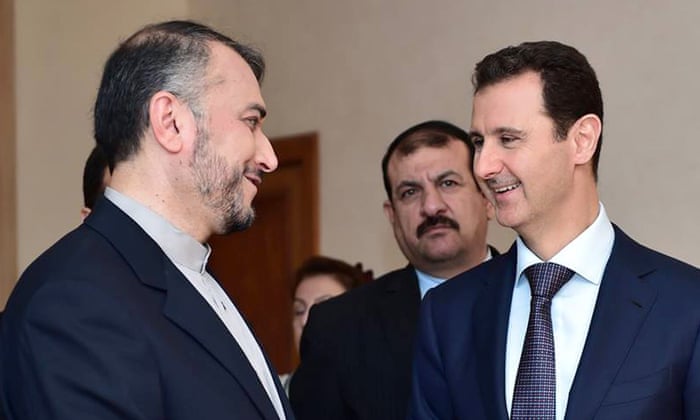
Saudi execution toll highest in two decades, according to Amnesty International report
Tuesday, November 10, 2015
No comments
Saudi Arabia has executed at least 151 people so far this year, the highest number since 1995. Rights group Amnesty International says it ranks after China and Iran for the number of executions carried out.
According to an Amnesty International report released on Monday Saudi Arabia is one of the top five countries for executing people. It ranked third in the world in 2014, after China and Iran and ahead of Iraq and the United States, according to Amnesty International figures.
"So far in 2015, on average, one person has been executed every other day," the Amnesty report stated. The recent annual figure rarely exceeded 90 executions.
The latest execution to take place in the Gulf state was on Monday. It involved a Saudi national convicted of killing a policeman who had tried to arrest him for smuggling drugs, according to the interior ministry.
Out of the 151 people executed so far this year in Saudi Arabia, 71 were foreign nationals, Amnesty said. It added that foreigners, who are mostly guest workers from poor countries, are particularly vulnerable as they typically do not understand the Arabic language and are denied adequate translation in court.
"The use of the death penalty is abhorrent in any circumstance but it is especially alarming that the Saudi Arabian authorities continue to use it in violation of international human rights law and standards, on such a wide scale, and after trials which are grossly unfair and sometimes politically motivated," Amnesty's Middle East and Northern Africa region program deputy director, James Lynch said.
'Appalling abuse of power'
source















































